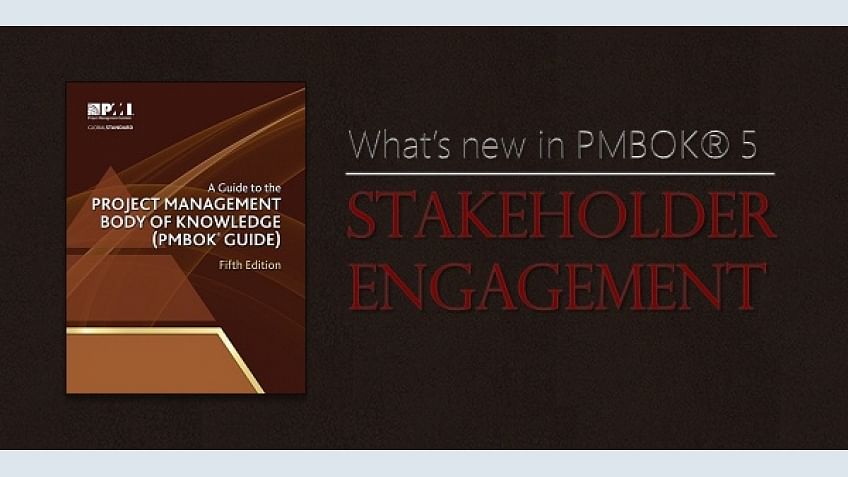Often in the real world, Projects are reported to deliver suboptimal deliverables. Many estimates and studies have placed ERP failure rates to as high as 60%. There are innumerable published articles citing top reasons for ERP failure. No Management Buy-In, Resistance to change, Inadequate Requirement definitions, Unrealistic Expectations etc. are cited here as few of those top reasons for failures.
Preparing for PMP® Certification? Take this test to know where you stand!
In course of my professional career, I faced the same situation in two completely distinct organizations in completely different verticals. ERP Implementation was deemed to have failed. All the money invested was almost unrecoverable and no one seemed to be aware of what the ERP was all about. Looking back at the situations, there are a number of parallels. For academic interest, on performing an RCA of both the events and by Pareto Analysis (The 80-20 Rule), it was evident that one of the major reasons for unrealized expectations was a completely inadequate Stakeholder Management Strategy during ERP Project implementation.
All ERP failures truly stem from inadequate Stakeholder engagement programs. Stakeholder Management is one of the fundamental areas of Project Management, and the level of adoption can effectively make or break your Project. The Project Management Institute has taken due cognizance of this and has incorporated ‘Project Stakeholder Management’ as a distinct Knowledge Area in the Vth edition of the PMBOK® Guide. In the previous edition, Project Stakeholder Management was a part of Project Communications Management.
One of the key processes of ‘Stakeholder Management’ is to define and design an effective Stakeholder Engagement Plan. In the Identify Stakeholder process, the mapping of Stakeholders is done and the Stakeholder Power/Influence/Impact is duly noted and registered. The need to enhance Stakeholder engagement in a bid to deliver successful Projects has been reiterated in different Projects across the globe. In this context, it is important to classify the Stakeholder engagement Level. Such engagement Levels are classified as under
- Unaware – If sufficient effort is expended in Identifying Stakeholders, your projects should ideally not have stakeholders who are Unaware of the Project or it Potential Benefits and impacts. It is possible that in IT / ERP implementation kind of projects, the grass root people in the Organization may be aware of the Project but not of its potential benefits in the larger scheme of things. The Project Manager in such situation may have run campaigns; use in-house magazines etc. to spread awareness of the Project.
- Resistant – These Stakeholders are aware of the Project, of its potential impacts but are resistant to change. Stakeholders classified at this engagement level can seriously jeopardize the Project Deliverables. It is all the more problematic if the Stakeholders under this level are also those who have a high Power or Influence over the Project. This is one of the top reasons for ERP failures. Effective Change Management Strategies need to be adopted to take the engagement level of such Stakeholders to a more desired level. Appropriate Reward and Recognition Systems should be devised.
- Neutral – Stakeholders having this level of engagement are aware of the project but are neither supportive nor resistant. In most scenarios, not much will be required to be done here except when the Stakeholders falling under this level have been identified as having high Power or Influence over the Project. In such cases, effort should be expended to take such Stakeholders to a more desired engagement level.
- Supportive – Stakeholders are aware of the Project and are supportive of Changes. This should be the desired engagement level of most stakeholders.
- Leading – Stakeholders are aware of the Project and its potential impacts and are actively engaged in ensuring the success of the Project. Stakeholders with high influence on the project should ideally reach this level of engagement.
Stakeholder Management is all about creating and maintaining relationships with Project Stakeholders with the aim to achieve appropriate Stakeholder Engagement Levels*. As is evident from the above, Communications and collaboration forms the backbone of effective Stakeholder Management Strategy which can potentially result in achieving all desired Project Goals.
PMBOK is a registered trademark of the Project Management Institute, Inc.
